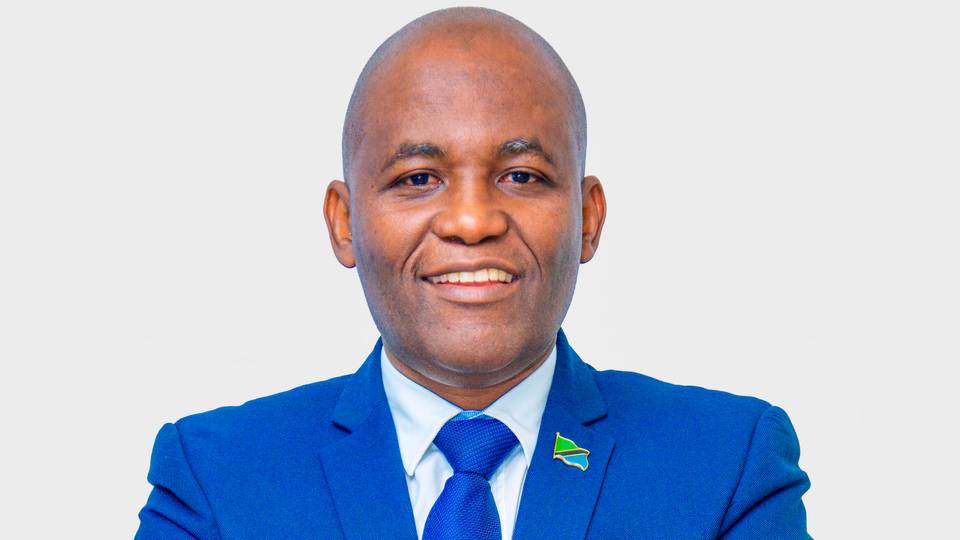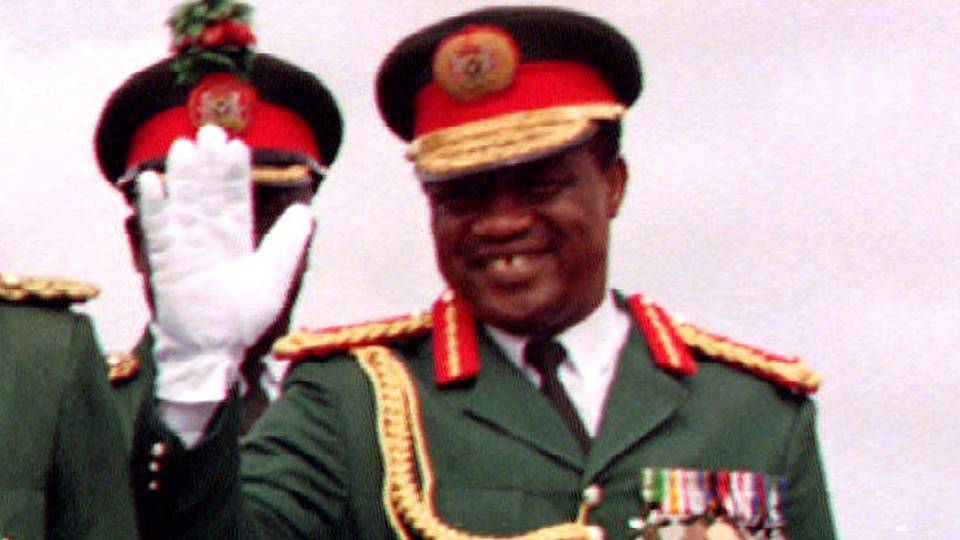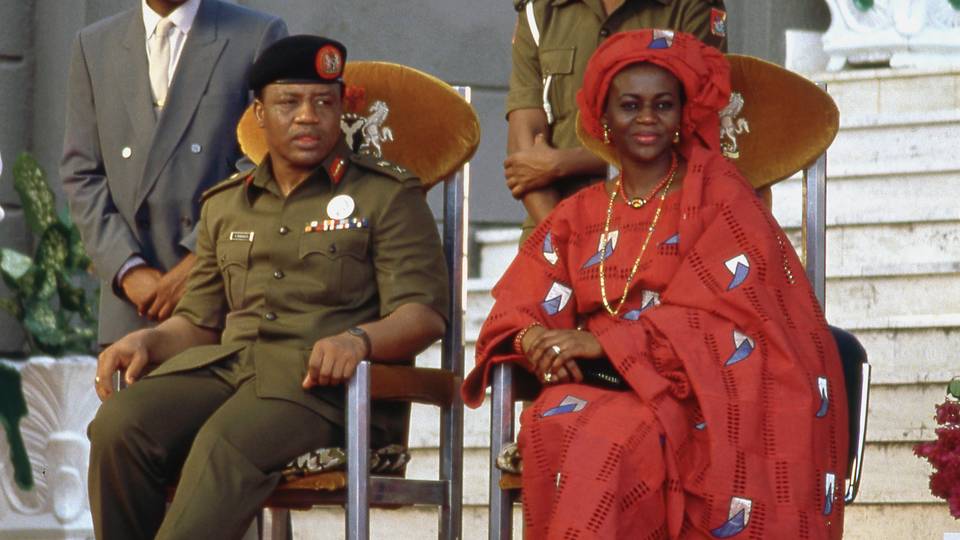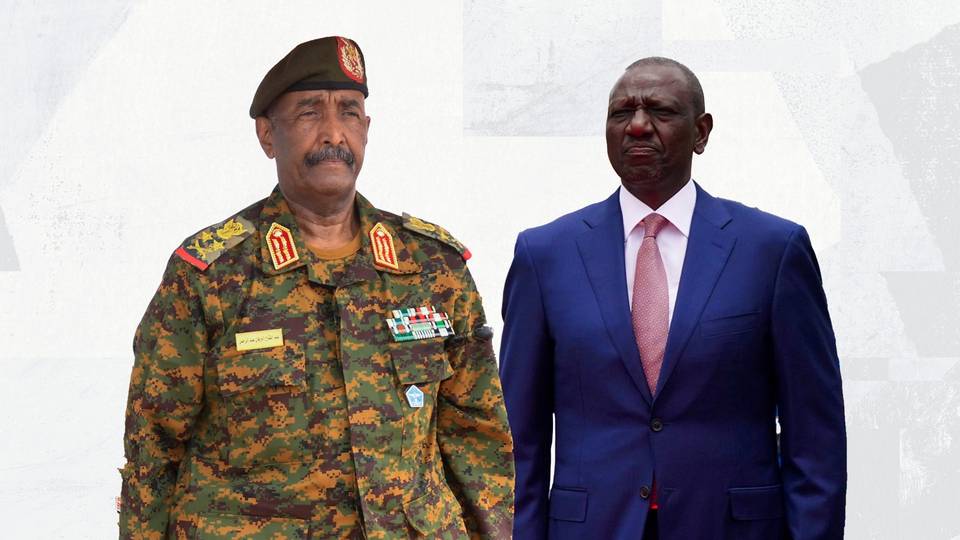Sport
Dollar
38,2552
0.34 %Euro
43,8333
0.15 %Gram Gold
4.076,2000
0.31 %Quarter Gold
6.772,5700
0.78 %Silver
39,9100
0.36 %The untimely death of WHO Africa's regional director-elect on November 27 left a void and his well-articulated strategies of optimising public health on the continent unfulfilled.

By Sylvia Chebet
Growing up in parts of rural and urban Tanzania, Dr Faustine Engelbert Ndugulile realised early in life the constraints of healthcare in his native country.
Maternal and infant mortality rates were through the roof, indicating a systemic failure to curb preventable deaths.
The constant stream of dismal health data deeply affected the conscientious young man.
He decided to study medicine and devote himself to putting a price on every life threatened by disease, lack of hygiene, and low immunity.
Decades later, as a lawmaker with degrees in medical microbiology and immunology, public health and law, Dr Ndugulile would eloquently hold forth in front of a distinguished panel about his journey from an aspiring doctor to potentially the regional director-elect of WHO Africa.
"I realised the limitations of my role as a technocrat in the health sector. I was primarily focused on treating individuals rather than addressing the underlying systemic issues," he told the African health ministers vetting him for the role.
"To further my mission and aspirations, I chose to seek public office to amplify my voice on a national, regional and global scale. Through my experience as a minister and MP, I have been able to work towards this objective, and now I am eager to bring my expertise in technical, policy and people-centred perspectives to WHO Afro," he said.
The witty, composed and energetic aspirant had roused the afternoon sitting, which convened after two lengthy interviews with his competitors.
This was in August 2024 – at the 74th WHO Africa regional session in Brazzaville, the capital of Congo Republic.
Dr Ndugulile, chosen to take over as regional director of WHO Africa in February 2025, died barely three months later while undergoing medical treatment in India, cutting short a sterling career dedicated to a selfless pursuit of public health equity on the continent. He was only 55.
Healthcare visionary
Ndugulile's opening remarks at the August interview had charmed the panellists, mainly the ease with which he tackled the questions — ranging from what he thought was derailing health systems in Africa to his strategies for steering the continent out of a potential future pandemic.
The stakes were high for the Tanzanian politician, being an outsider contesting against three opponents who had had long-standing careers with WHO at the secretariat and regional levels.
He was up against Ibrahima Socé Fall from Senegal, currently the director of WHO's global neglected tropical diseases programme, Niger's Boureima Hama Sambo, and Rwanda's Richard Mihigo, both of whom have worked with WHO for 17 and 18 years respectively and represented various country offices across the continent.
Congratulating Dr Ndugulile on his victory, WHO director-general Tedros Adhanom Ghebreyesus paid a glowing tribute to his commitment to public health.
"Dr Ndugulile has earned the confidence and trust of the region's member states to be elected the next regional director for WHO Africa. This is a great privilege and a very great responsibility. I and the entire WHO family in Africa and worldwide will support you every step of the way."
Dr Ndugulile believed that WHO Africa needs "a transformational leader with the vision and track record of driving change and not a transactional leader who will sustain the status quo".
He saw himself as someone "fit for this role" based on his background as a doctor, a politician and a technocrat who served as a deputy minister for health, minister for ICT and an MP in Tanzania.
His roles as advisor for the Centres for Disease Control (CDC) in South Africa and vice chair of the Inter-Parliamentary Union (IPU), a global advisory group on health, further broadened his knowledge about the continent's health systems, politics and terrain.
Dr Ndugulile subscribed to the idea that "health is politics, and good public health is good politics".
In his view, Africa lacked the "final catalyst", which is the engagement of policymakers and political leaders who make decisions on budgets and investment priorities.
"My vision is to see Africa as a region where every individual thrives with optimal health and wellbeing, supported by accessible, equitable, and sustainable health systems," he told the panel of ministers interviewing him.
WHO's relevance
Africa tackles 100-odd public health emergencies yearly with healthcare systems that need to be in better shape.
Climate change, dwindling donor support, and endemic communicable and non-communicable diseases are additional pain points for already overburdened public health systems.
Dr Ndugulile was concerned that some quarters even questioned WHO's relevance to the continent.
"WHO is still relevant, but we need to be responsive to the needs of member states. We need to be adept at mainstreaming Africa’s health agenda on the global stage," he said during the interview.
Africa remains off track on many Sustainable Development Goals (SDGs) that the world agreed would be achieved by 2030.
"My mission is to bolster the final push for attainment of health-related SDGs," he said.
With only six years to the SDG deadline, Dr Ndugulile intended to hit the ground running with a strategy anchored on four key priorities — enabling the right to health, preparing for the next pandemic, mainstreaming political engagement, and having a robust WHO regional mechanism anchored to efficient country offices.
More than half of sub-Saharan Africa still lacks universal health coverage. An astounding 70% of global maternal deaths are in the region, which has also seen a sharp rise in non-communicable diseases that are contributing to over 30% of the deaths recorded on the continent.
This reality troubled Dr Ndugulile.
Fundamental right
While seeking election, the late regional director-elect said he would prioritise solutions to optimise health promotion and disease prevention, improve access to quality and affordable healthcare services, and address issues related to the shortage of human resources in health.
Pegging healthcare as a fundamental right, he intended to promote the use of technology to advance healthcare and bring down the disease burden.
Dr Ndugulile also wanted sustainable healthcare financing and efficient use of resources at WHO offices and among member states.
With this well-articulated manifesto, his election brought a sense of hope for the region.
He was expected to assume office following confirmation of his appointment during the 156th session of the WHO executive board in Switzerland's Geneva in January 2025.
The question on everyone's lips now is: Who will deliver Dr Ndugulile's unrealised vision?
Comments
No comments Yet




















Comment